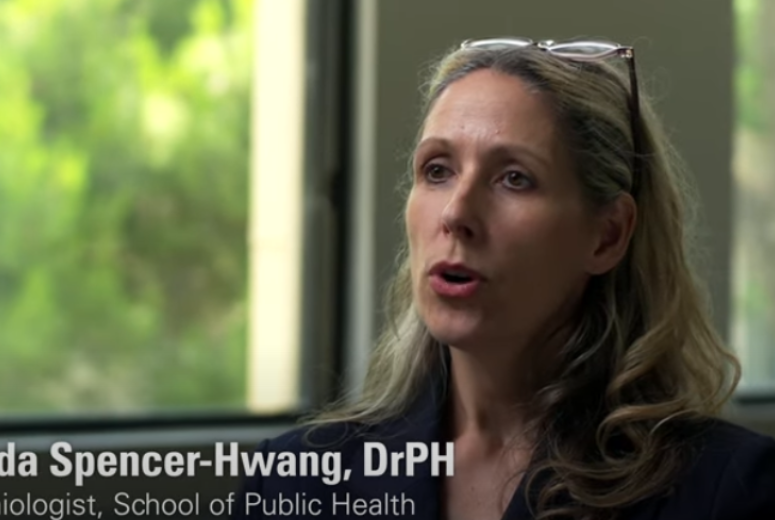Transform Research into Public Health Policy
offered online only
The Doctorate of Public Health (DrPH) in Epidemiology program at the School of Public Health (SPH) prepares students to become leaders in the field of public health, equipping them with advanced skills in resiliency, epidemiologic methods, and data analysis to address complex health challenges on a global scale. Built for passionate individuals seeking to make a significant impact in public health, this program provides advanced skills and knowledge needed to become a catalyst for change, addressing critical issues such as disease outbreaks, chronic health conditions, and global health disparities.
Apply Now
Connect with Rhonda Spencer-Hwang, Program Director, at [email protected].
Career Opportunities
Graduates of this program are prepared for leadership roles such as:
- Epidemiology Leader in organizations like the CDC, WHO, and global NGOs
- Research Director at universities, spearheading health innovations
- Public Health Consultant, advising communities worldwide
This program will prepare Doctor of Public Health (DrPH) graduates for career options, including public health practice, teaching, and epidemiological research. The program is 62 units and the average time frame is 3-5 years. Students are responsible for gaining the commitment of an appropriate faculty member to serve as their research mentor.


